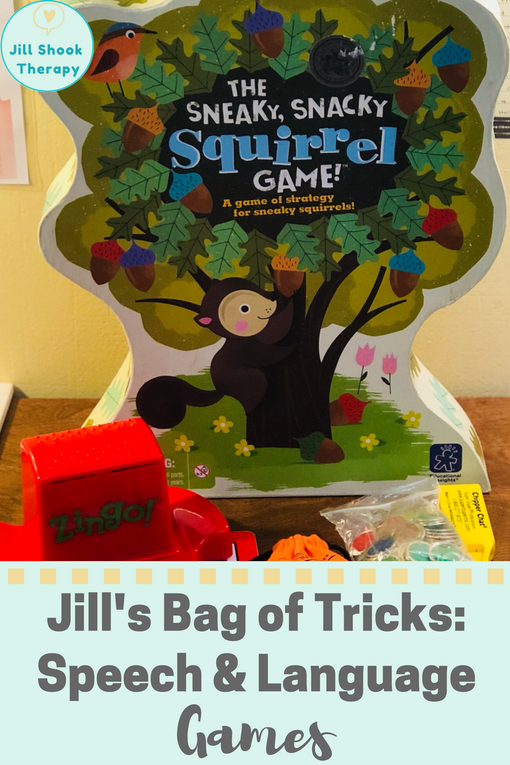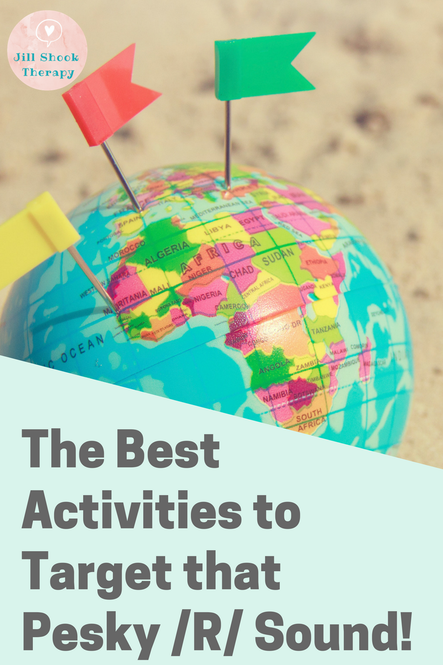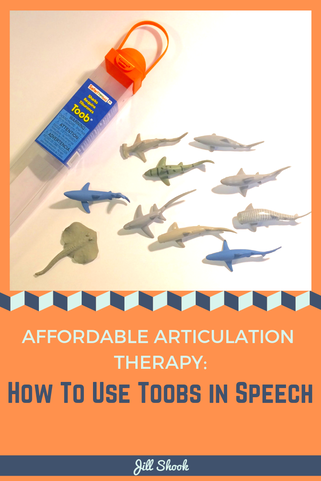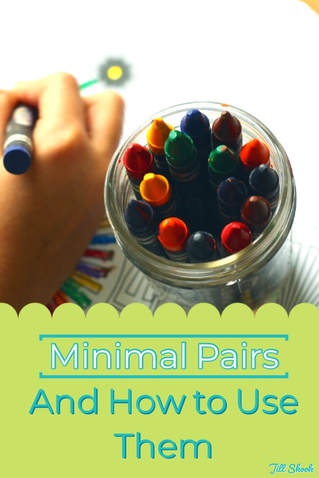Speech and language games
As SLP's, we sometimes need very specialized tools to do our jobs well- video fluoroscopy machines for swallowing evaluations, specific sound stimuli for articulation therapy, or eye-gaze AAC devices for clients. Sometimes, though, we need items that can help us target the goals for the maximum amount of students/clients/patients on our caseload. Hence, my list of go-to games for maximum engagement! Whether you work in the schools or in a medical setting, these games are sure to be a hit!
Affiliate links included for your convenience.
2 Comments
Oh, the /r/ sound. If you work with speakers of non-Bostonian American English, you know that this sound can be tricky. Besides the two major production types- Retroflex and Bunched- you also have prevocalic and vocalic /r/ types. Also, as Dr Wayne Secord notes in his formative textbook Eliciting Sounds: Techniques and Strategies for Clinicians: "The articulation of /r/ is highly variable..." Understatement of the century, right there.
I've worked with many students and clients on that pesky/r/ sound, with parents who report that others think their child is speaking in a Boston or Southern accent, or is British. Over the years, I've compiled a list of my favorite go-to resources and elicitation techniques for /r/, since many clients work on it for quite a bit of time. The setting: your speech room.
The characters: you and the articulation student/client you've been working with for a few months now. The scene: Aforementioned student/client walks into the room, takes one look at the activity you have set out for them, and groans, "Not this again!" If you've been an SLP for any amount of time, or if you have a child in speech therapy, chances are that you've heard about minimal pairs. You might think, "What makes them minimal?" or "How could something called 'minimal' help with speech?" I happen to love using minimal pairs in therapy, and I'll show you why.
The basics: minimal pairs are words that differ in only one phonological element (sound). Some examples are seat/sheet (initial sound) or back/bat (final sound). Now, on to some reasons that I love them. |
About MEI'm Jill! I love to create and blog about fun, evidence-based resources that make the lives of parents and busy SLPs easier.
�
Archives
February 2018
Categories
All
|





 RSS Feed
RSS Feed